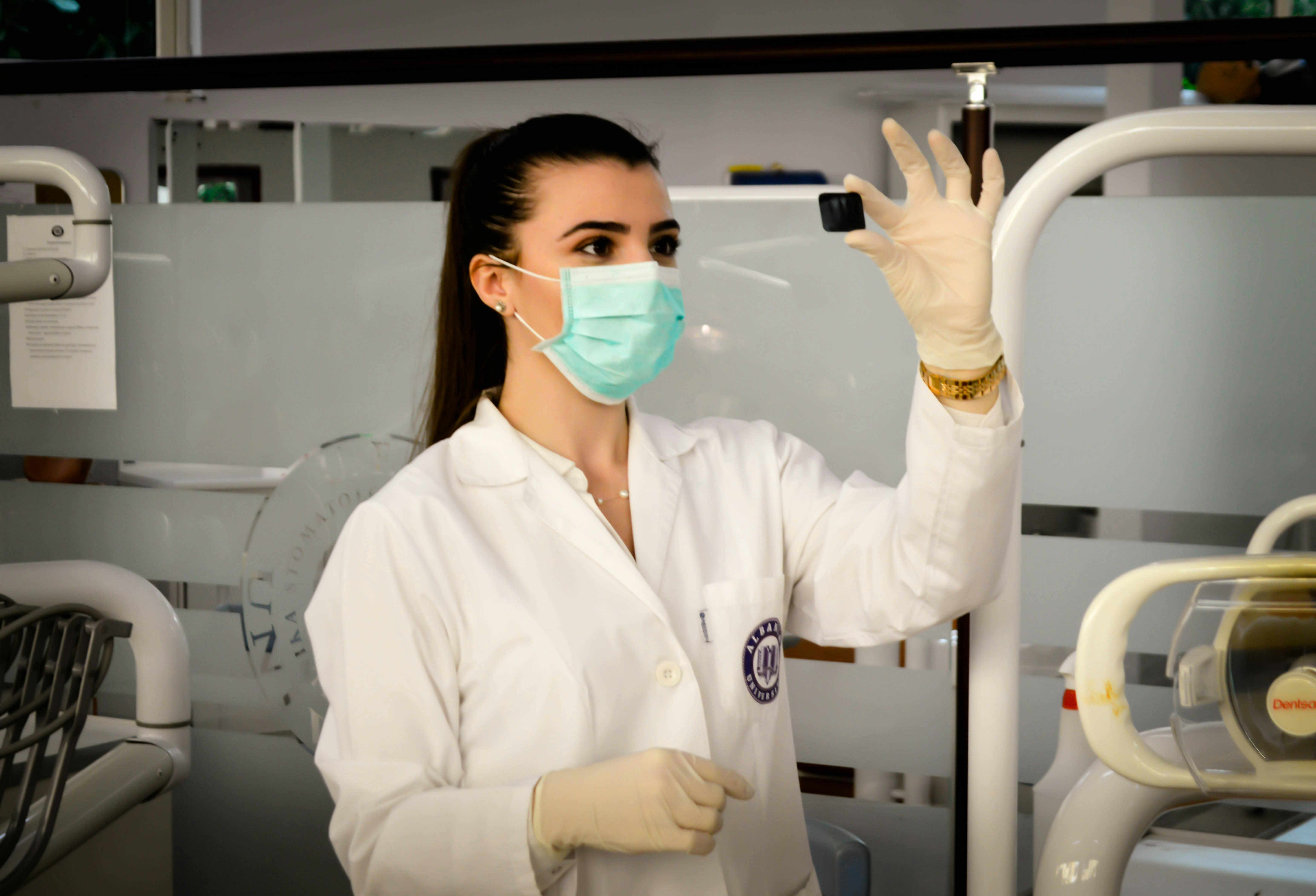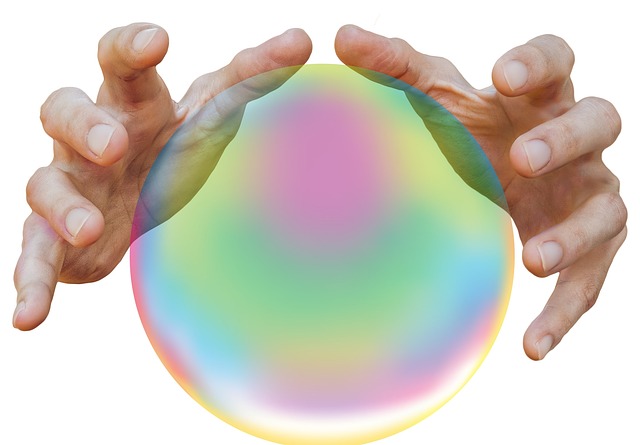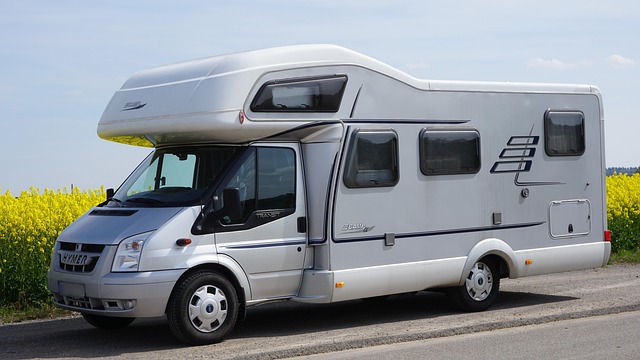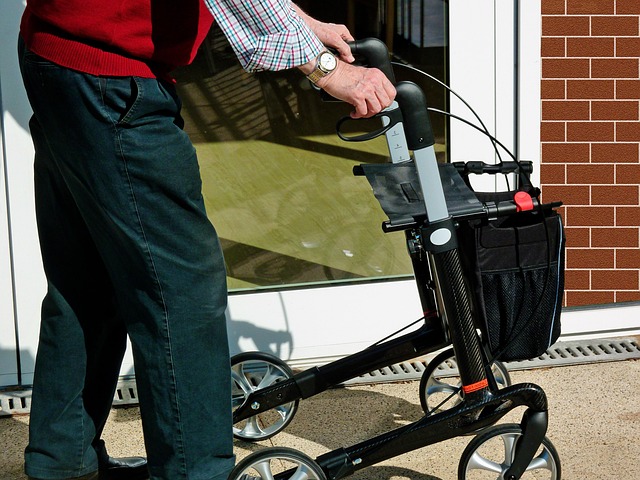Overview of Hospital Cleaning Roles in the United States
Hospital cleaning roles involve maintaining cleanliness and hygiene in healthcare settings through routine sanitation of patient rooms, hallways, and common areas. These positions typically follow strict protocols and may require familiarity with safety standards and cleaning procedures specific to medical environments.

What are the primary responsibilities of hospital cleaners?
Hospital cleaners, also known as environmental services (EVS) workers, are responsible for maintaining cleanliness and hygiene throughout healthcare facilities. Their duties include:
-
Sanitizing patient rooms, bathrooms, and common areas
-
Disinfecting high-touch surfaces like doorknobs, light switches, and handrails
-
Properly disposing of medical waste and hazardous materials
-
Cleaning and sterilizing medical equipment
-
Ensuring compliance with infection control protocols
-
Restocking supplies such as soap, paper towels, and hand sanitizer
These tasks are critical in preventing the spread of infections and maintaining a safe environment for patient care.
What qualifications are required for hospital cleaning jobs?
While specific requirements may vary depending on the healthcare facility, most hospital cleaning positions typically require:
-
High school diploma or equivalent
-
Physical stamina and ability to stand for long periods
-
Attention to detail and thoroughness
-
Basic understanding of infection control principles
-
Willingness to work flexible hours, including nights and weekends
-
Ability to follow complex protocols and procedures
Some hospitals may also require additional certifications or training in areas such as bloodborne pathogens, hazardous materials handling, or specific cleaning techniques.
How does hospital cleaning differ from regular cleaning?
Hospital cleaning is significantly more specialized and rigorous than standard janitorial work. Key differences include:
-
Stricter infection control protocols
-
Use of hospital-grade disinfectants and equipment
-
Knowledge of medical terminology and procedures
-
Adherence to specific cleaning sequences to prevent cross-contamination
-
Increased focus on patient safety and comfort
-
Greater emphasis on documentation and quality control
Hospital cleaners must be prepared to adapt to rapidly changing situations and maintain a high level of vigilance in their work.
What are the current trends in hospital cleaning job openings?
The demand for hospital cleaning professionals remains strong across the United States. Current trends in job openings include:
-
Increased emphasis on infection prevention specialists
-
Growing demand for technicians trained in advanced cleaning technologies
-
Rising need for bilingual cleaning staff in diverse communities
-
Opportunities for leadership roles in environmental services departments
-
Expansion of cleaning roles to include patient transport and basic care support
Many healthcare facilities are also offering enhanced training programs and career advancement opportunities to attract and retain skilled cleaning staff.
What are some unique challenges faced by hospital cleaners?
Hospital cleaning professionals encounter several unique challenges in their daily work:
-
Exposure to potentially infectious materials and diseases
-
High-stress environments, especially in emergency departments
-
Emotional toll of working in healthcare settings
-
Rapid room turnover requirements in busy hospitals
-
Constant updates to cleaning protocols and technologies
-
Balancing thorough cleaning with patient comfort and privacy
Despite these challenges, many hospital cleaners find their work rewarding due to its crucial role in patient care and safety.
What is the typical pay range for hospital cleaning jobs?
Hospital cleaning jobs often offer competitive compensation compared to other cleaning roles. Here’s an overview of typical hourly pay rates for hospital cleaning positions in the United States:
| Position | Entry-Level Pay | Experienced Pay | Additional Benefits |
|---|---|---|---|
| General Hospital Cleaner | $12 - $15 | $16 - $20 | Health insurance, paid time off |
| Specialized EVS Technician | $14 - $18 | $19 - $25 | Retirement plans, tuition assistance |
| EVS Supervisor | $18 - $22 | $23 - $30 | Performance bonuses, career advancement |
Prices, rates, or cost estimates mentioned in this article are based on the latest available information but may change over time. Independent research is advised before making financial decisions.
It’s important to note that pay rates can vary significantly based on factors such as location, hospital size, and individual experience. Many hospitals also offer shift differentials for night and weekend work, as well as opportunities for overtime pay.
In conclusion, hospital cleaning roles in the United States are essential, demanding, and increasingly specialized positions within the healthcare industry. These jobs offer unique challenges and rewards, requiring a combination of physical stamina, attention to detail, and commitment to patient safety. As the healthcare sector continues to evolve, so too will the opportunities and responsibilities for those in hospital cleaning professions.




